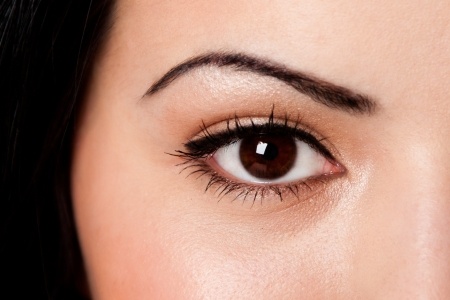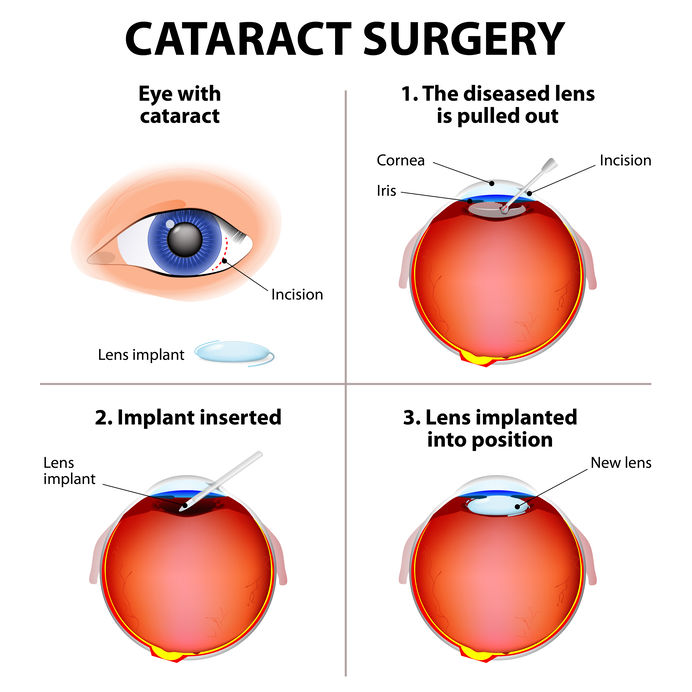Four Reasons to Consider Lasik Eye Surgery
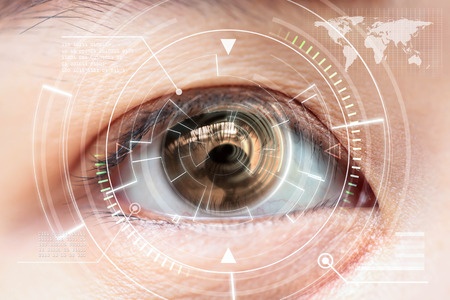 Lasik eye surgery may seem like an unnecessary expense. After all, you have likely been wearing contacts or eyeglasses for most of your life. Why change it now? There are actually some very good reasons to stop delaying and truly consider Lasik eye surgery.
Lasik eye surgery may seem like an unnecessary expense. After all, you have likely been wearing contacts or eyeglasses for most of your life. Why change it now? There are actually some very good reasons to stop delaying and truly consider Lasik eye surgery.
Improved Vision
Glasses and contacts are helpful, but they don’t resolve the problem entirely. Your vision may still be somewhat restricted by your poor eyesight. For example, peripheral vision often suffers in eyeglass wearers because the corrective lens doesn’t wrap all the way around the eye. With Lasik eye surgery, you will experience improved vision without correction, which will allow you to see much more detail and more conveniently than before. (more…)
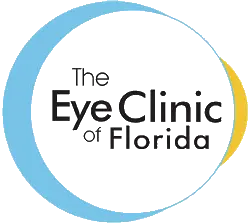
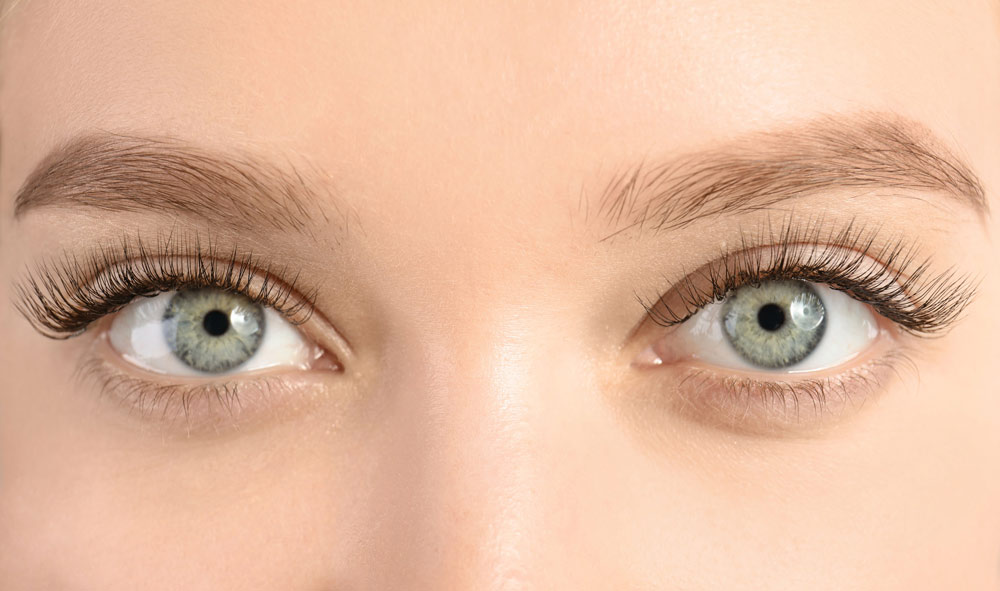


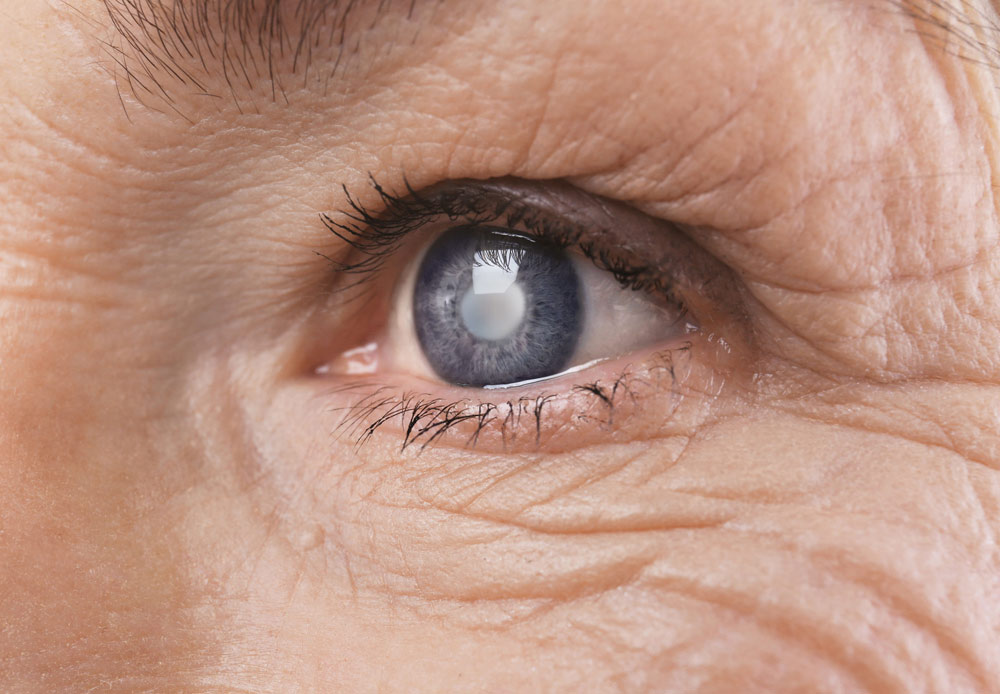
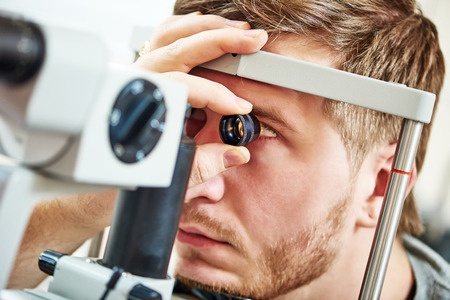 Over 24 million Americans over the age of 40 are affected by cataracts. It is a very common eye condition and one that can leave you completely blind if left untreated. There are many treatments for cataracts, including surgical measures that can be taken. The sooner cataracts are discovered and diagnosed, the more treatment options there are available. Here are three warning signs that you might have cataracts.
Over 24 million Americans over the age of 40 are affected by cataracts. It is a very common eye condition and one that can leave you completely blind if left untreated. There are many treatments for cataracts, including surgical measures that can be taken. The sooner cataracts are discovered and diagnosed, the more treatment options there are available. Here are three warning signs that you might have cataracts.
